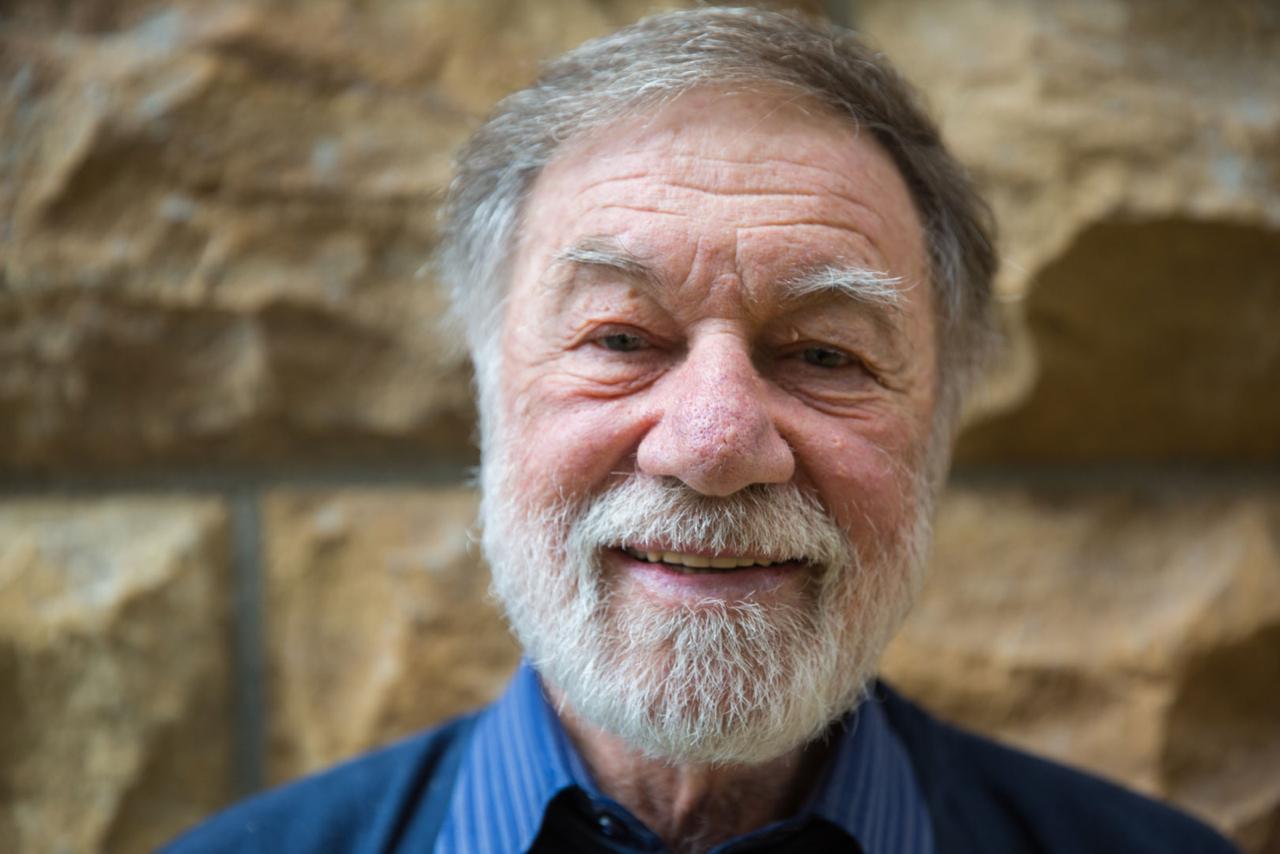Prof. David Sanders, a public health activist passed away on August 30 after a heart attack. He was a founding member of People’s Health Movement (PHM) at its creation in 2000 in Savar, Bangladesh and has been the co-chair of PHM from past six years. A pediatrician by qualification, David was very interested in the issues of public health. He went on to head the School of Public Health at University of Western Cape in Capetown, South Africa from its inception in 1993 till 2009. He is the author of many peer reviewed articles and three books: The Struggle for Health; Questioning the Solution; and Fatal Indifference:The G8, Africa and Global Health.
It was the month of September – year 1966. Africans in the Gillingham township were queuing up to pay six pence for their medical examination and treatment at a clinic, housed in an old tobacco grading shed, cleaned and repainted by some medical students over the weekend. The clinic was being run by the medical students at the University College in Salisbury. The chairman of the students’ committee running the clinic had visited South Africa to study similar clinics. The chairman was none other than David Sanders, then a third year medical student.
David Sanders went on to become an internationally renowned pediatrician and public health researcher who spent more than 50 years fighting for a rights-based healthcare system, and was particularly involved in various struggles for health in Zimbabwe, the UK and South Africa. David was passionate about participatory socialist democracy as a way to improve health and reduce inequality.
During 1970s, David emigrated to the UK, as a political emigre from Rhodesia (now Zimbabwe), and continued his pro-people work. He founded, along with others, the Medical Association against Private Practice and the UK Politics of Health Group. While at the London School of Hygiene and Tropical Medicine, he was influenced by the writings of the Marxist doctor Vicente Navarro and became a strong advocate of the Alma Ata Declaration on primary healthcare. In UK, David also worked in the National Health System.
David returned to Zimbabwe and stayed there for twelve years, 1980-1992, took a post as health adviser for Oxfam, and then as a lecturer in the medical school. During the 1990s, David went to South Africa and worked at the University of the Western Cape in Cape Town. In 1993, David was appointed as the founding director of the new Public Health Programme, which was later named as School of Public Health (SOPH) at the University of the Western Cape. Over the years, David was instrumental in developing SOPH into a renowned, nationally and internationally acknowledged, postgraduate teaching and research unit. He contributed immensely to health and education policy development, at both national and provincial levels, in South Africa.
A leading and an ardent critic of structural adjustment, neoliberal economics, David stressed at the causes of social and economic inequality which underpin poor health. He was among the founder members of the People’s Health Movement at Bangladesh in 2000, a network committed to comprehensive primary healthcare and addressing the social, environmental and economic determinants of health.
David was throughout engaged in in-depth, constructive research. As a teacher and mentor, he guided and inspired a number of students who owe their understanding and work in the field of rights-based public health discourse to him. Apart from numerous research papers and articles, he was the author of three seminal books, namely The Struggle for Health; Questioning the Solution; and Fatal Indifference: The G8, Africa and Global Health. His research has highlighted the links between social and political injustice as the root cause of ill-health.
David was also on the Steering Committee of the United Nations Standing Committee on Nutrition from 2002 – 2006 and a member of the Knowledge Network of the WHO Commission on Social Determinants of Health. He was Heath Clark Visiting Lecturer and an Honorary Professor at the London School of Hygiene and Tropical Medicine from 2005 to 2007. He was also a Visiting Professor at Charité–Universitätsmedizin, Berlin and at the Centre for International Health, University of Bergen, Norway. He was appointed as an Honorary Professor in the Department of Paediatrics and Child Health, Faculty of Health Sciences, UCT and as Professor in the School of Medicine, Faculty of Health Sciences, Flinders University of South Australia from 2013. In 2012, David was awarded an Honorary Doctorate by UCT in recognition of his contribution to the development of policies and programmes in primary healthcare nationally and internationally. In 2013, he was the recipient of the International Academic Partnership Merit Award from the Faculty of Medicine, University Eduardo Mondlane, Mozambique, and in 2014 he received the Public Health Innovation and Lifetime Achievement (PHILA) Award from the Public Health Association of South Africa (PHASA).
David always challenged the established notions and pushed everyone towards a critical way of thinking. In one of his famous examples to highlight inequality he asked, “Why should a Japanese cow enjoy a higher income than an African citizen?” In his book The Struggle for Health, he wrote: “The success of the medical contribution – that is the application of medical technology to the benefit of society – is critically dependent on the political context in which it is applied.”
Charming everyone he met with his mischievous and endearing grin, infectious laughter and sharp humour, David was a remarkable human being and a huge reservoir of knowledge. With an enormous body of work, exemplary commitment and passion towards his work and touching several lives with his warmth, David quietly passed away on August 30, 2019. David, you would be sorely missed. Adieu Comrade!
(The article first appeared on Newsclick.in)





